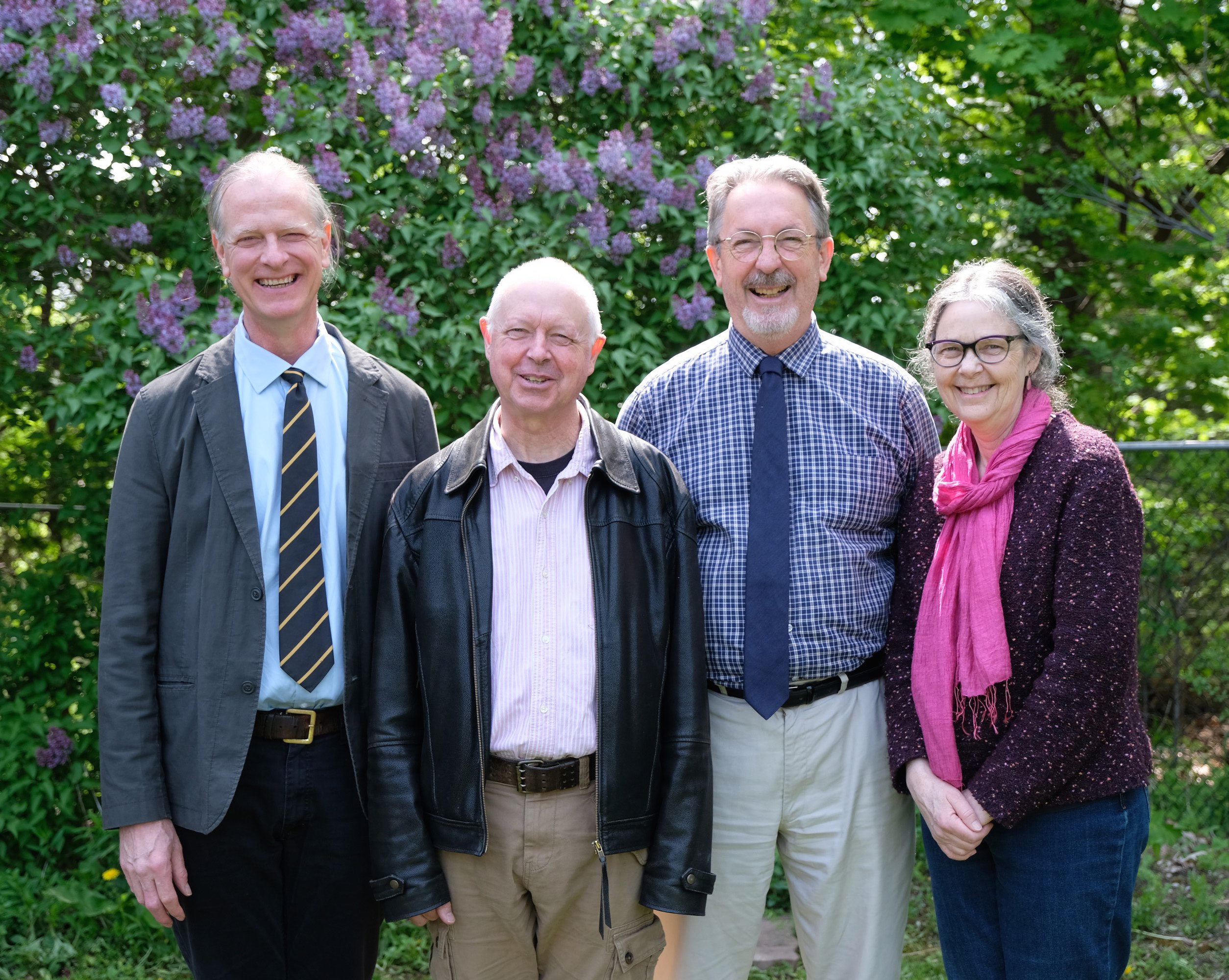Contemplation
The bees are living in a world that cannot be compared with ours. Their way of life, their forms of community, their feeling for space and time, follow laws and patterns we can hardly imagine. When we see a garden or field full of flowers we are attracted by the colors and scents. Unsightly flowers—we hardly look at them.
But bees apparently see very different things than we do. Flowers we don’t think are worth looking at, or of which we never even notice the scent—the bees visit them in hordes. And the other way around, the wealth of color and scent we most enjoy—the bees never seem to notice them. What guides them on this enigmatic search? The beekeeper knows that it is the nectar, which we can hardly notice. What has no value for us humans is a matter of life and death for the bees.
That is how it is also in the interaction between the divine world and human beings. We humans often judge each other based on outer things. If it isn’t on visible appearance, it may be the tone of someone’s voice, their gestures and movements. All of it together then forms itself into a judgment of the other, often only half consciously, or unconsciously.
The divine world looks at us differently. Christ does not let outer appearance guide Him. He sees us as we are in all reality. Also, when in the eyes of the world a person is insignificant or even inferior, for Christ every human being is of value, because we are life of His life. And the other way around, prestige in the eyes of others—power, status, possessions—has no meaning for Him, for it estranges us from His proximity.
Nothing of what we have or think we have counts for Him. Only what we are has value for Him. And only if I offer Him my own being can I unite myself with Him, and He with me. That is the meaning of the words that sound during the communion in the Act of Consecration of Man: “Take me as You have given Yourself to me.” It is the most precious gift I can make to Him: myself, nectar for the divine world.
Rev. Bastiaan Baan
August 6, 2022

